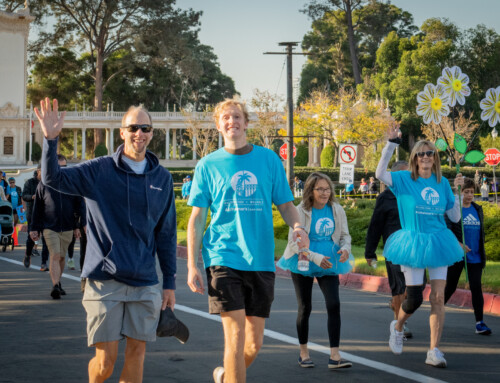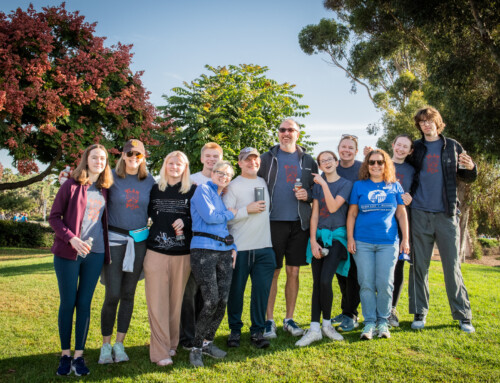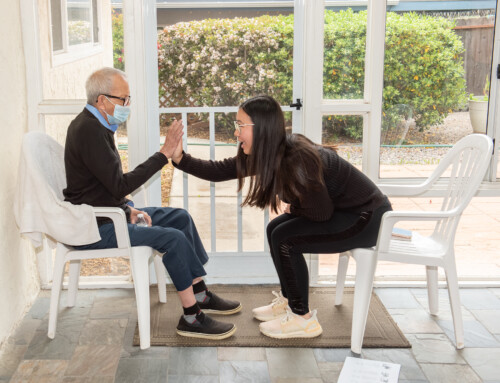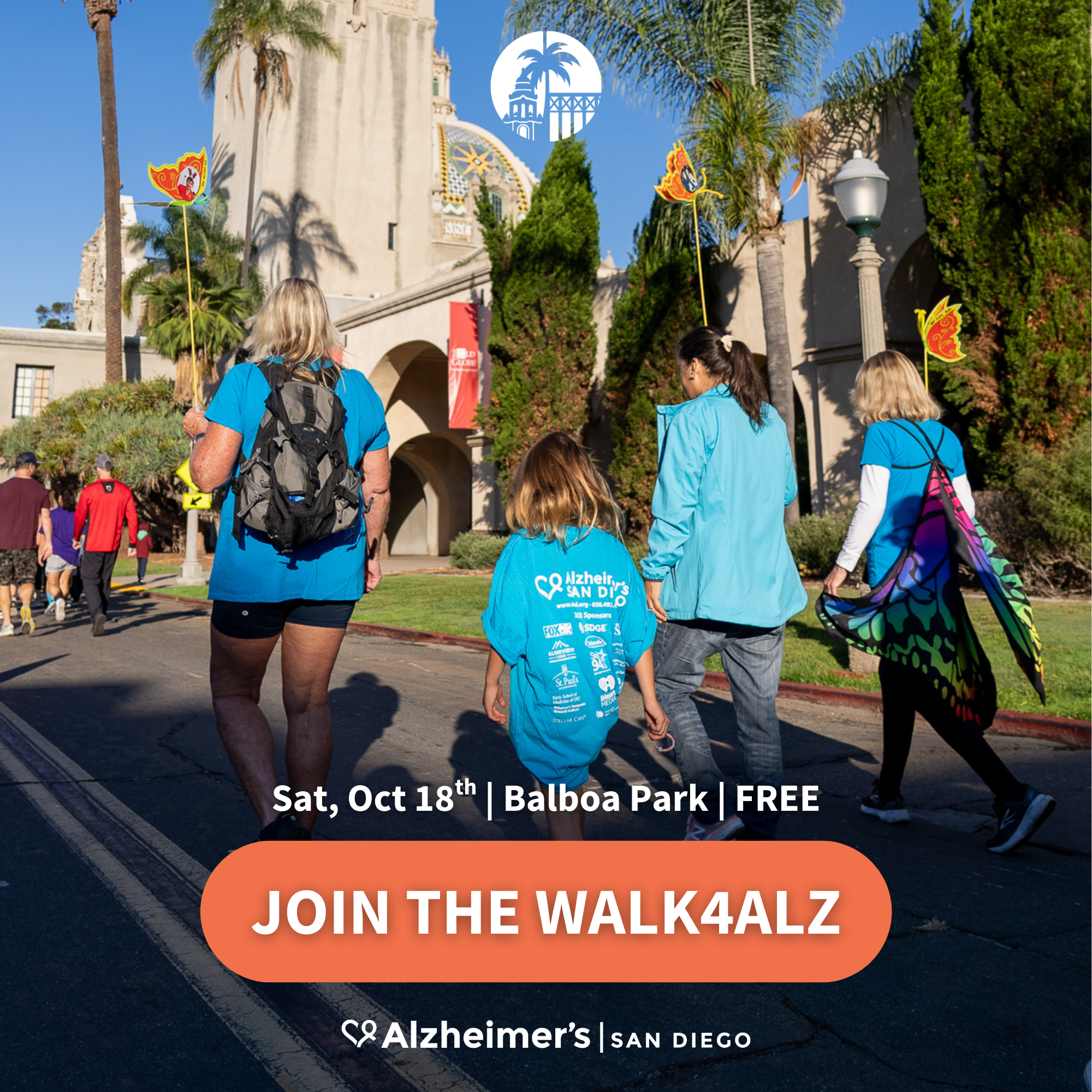 As part of our Ask a Social Worker series, Mina Nilchian, MSW, tackles some common questions and scenarios that dementia care partners face. This edition focuses on the well-meaning “experts” you may encounter among your family and friends. Want to submit your own question to be anonymously featured? Email Mina at mnilchian@alzsd.org.
As part of our Ask a Social Worker series, Mina Nilchian, MSW, tackles some common questions and scenarios that dementia care partners face. This edition focuses on the well-meaning “experts” you may encounter among your family and friends. Want to submit your own question to be anonymously featured? Email Mina at mnilchian@alzsd.org.
Q: What do I do about people constantly giving me “tips” on how to care for my husband who has dementia? I know they mean well, but a lot of times I get angry when people think they know how to care for him better than I do. It’s really frustrating. How do I respond without just blowing up?
Mina: I understand your frustration. It’s one thing to get information from an expert, or tips from someone who’s been there. But unsolicited advice from friends and family who may not always have a full understanding of what’s going on can really wear you down.
For what it’s worth, I think the advice givers do not recognize what they are saying is not helpful. They may be used to jumping in to find a solution, and they may not realize that listening and being present is what you really need the most.
Recognizing your anger puts you in a better position to respond in a healthy and productive way. A lot of those well meaning advice-givers are friends or family who, in many other ways, can be a source of support.
When it comes to common situations like this, it always helps me to write out a script I plan to use next time as a response. A script helps map out the message I’m trying to send, so that I can move past my initial anger and communicate effectively.
RELATED | The danger of “staying the course”
When setting boundaries, it helps to acknowledge a person’s positive intentions, while also gently explaining your own perspective. Here are a couple of examples:
For the person who knows about a “miracle cure”:
-Hmmmm, sounds interesting. I’ll try to remember to bring that up with a doctor. We always have to be careful about what we try out.
For the person with opinions on how you’re providing care:
-Thanks for pointing that out. I’ve developed a system that makes sense to me for now.
For the person who doesn’t believe the diagnosis:
-I know it seems like nothing is wrong – I wish that were the case! A lot of what I notice happens when we’re alone.
And sometimes, you might need to be a little more straightforward:
-I know you mean well. I so appreciate your passion in trying to help me out. But I need you to understand what I do, I do all day long. Some things might not make sense from an outside perspective, and I can understand that. But trust that I’m doing the best that I can.
Keep in mind a lot of advice-giving comes from a place of sincerity and an eagerness to help. This can actually be a good opportunity: If someone wants to help, why not come up with ways that they might be able to? Can they provide some respite while you run errands one week? Can they cover some chores while you’re coordinating a doctor’s appointment? Maybe you’ve been meaning to call Alzheimer’s San Diego with a question, but haven’t had the chance – can they make that call for you?
RELATED | Home safety checklist: Living with dementia
A diagnosis of dementia can be a shock to your network of social support. In my experience, care partners benefit most when their support network has had the opportunity to get educated. And that’s another way that we can support you – for a lot of the people in your life, dementia and Alzheimer’s is a new and scary territory. For your friends with endless questions and suggestions, you can always send them our way. We can recommend classes, or talk them through their concerns on the phone. We can discuss with them the dangers of promised “miracle cures” and how to be careful with information they find on the internet. We can help them process their own feelings, and give them guidance on ways to be helpful.
Get free support from a social worker like Mina by calling Alzheimer’s San Diego at 858.492.4400. We’re here to help!





